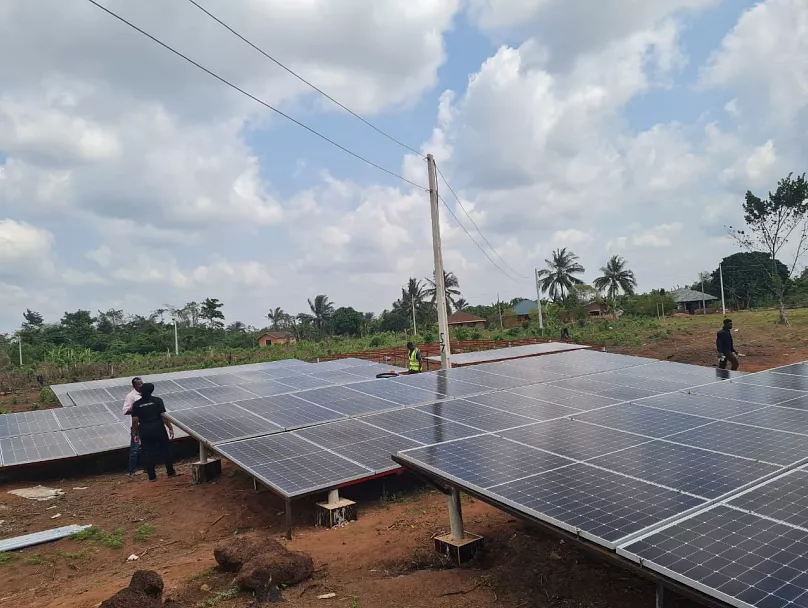
A groundbreaking research initiative aimed at expanding access to solar energy for marginalized communities has been launched in Ngouri, a rural area in Chad’s Lake Province.
The project, officially inaugurated on Thursday in Farcha (1st district commune), seeks to provide practical, inclusive solutions to the acute energy poverty affecting women and young people in the region.
Titled “Social accessibility of photovoltaic solar energy for disadvantaged populations in Lake Chad province: the case of women and young people in the rural area of Ngouri”, the project is led by Adoum Kouffa Tegni, a researcher and FLM/CLWR fellow affiliated with the University of Douala.
“This project tackles a crucial issue—equitable access to solar energy for marginalized populations,” Tegni said during a press briefing. “It is time for the women and youth of Ngouri to become central actors in climate resilience and the energy transition in their territory.”
In a province where energy access is severely limited and insecurity is persistent, many residents still rely on wood for cooking and lighting.
The research aims to determine whether solar technology can provide a sustainable, equitable alternative.
Focusing on women and youth—two groups often left out of formal energy planning—the study will explore the social and economic barriers that hinder the adoption of solar power in Ngouri.
Field surveys are scheduled to begin next week, involving local authorities, community organizations, and traditional leaders.
The research also aligns with a broader sociological examination of energy inequality, incorporating gender, local governance, and economic capacity into its analysis.
Nature-Based Solutions (NBS) and ecologically sustainable models will form a key part of the study’s framework.
Backed by the Lutheran World Federation (LWF), Canadian Lutheran World Relief (CLWR), and funded by Global Affairs Canada (GAC), the initiative will run until early 2026, culminating in a public presentation of findings and tailored policy recommendations.
The project team has called on the local population—particularly women and young people—to engage actively in the research.
Their stories, experiences, and perspectives, Tegni emphasized, will shape the design of solar energy solutions that reflect the community’s realities and aspirations.



